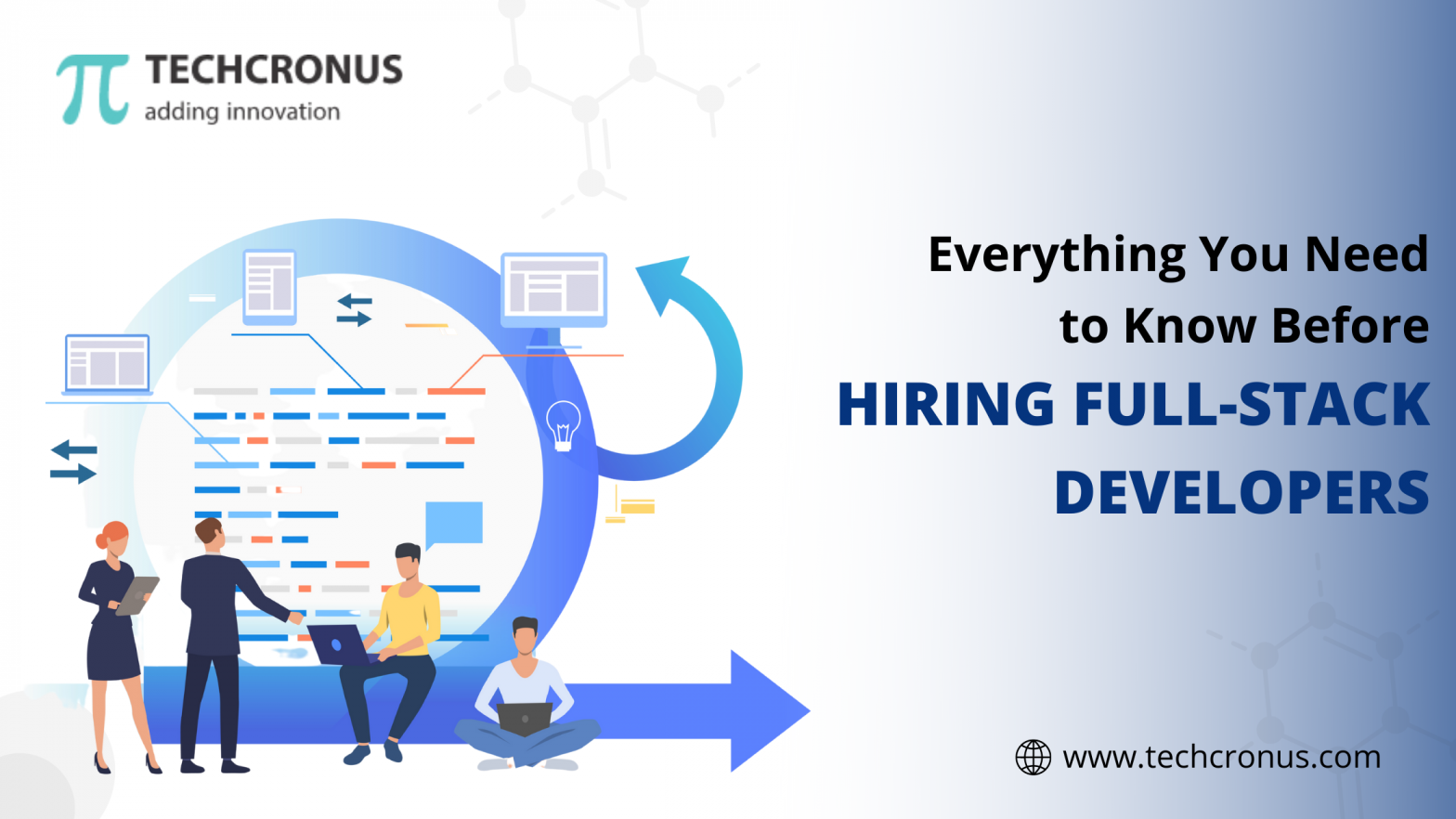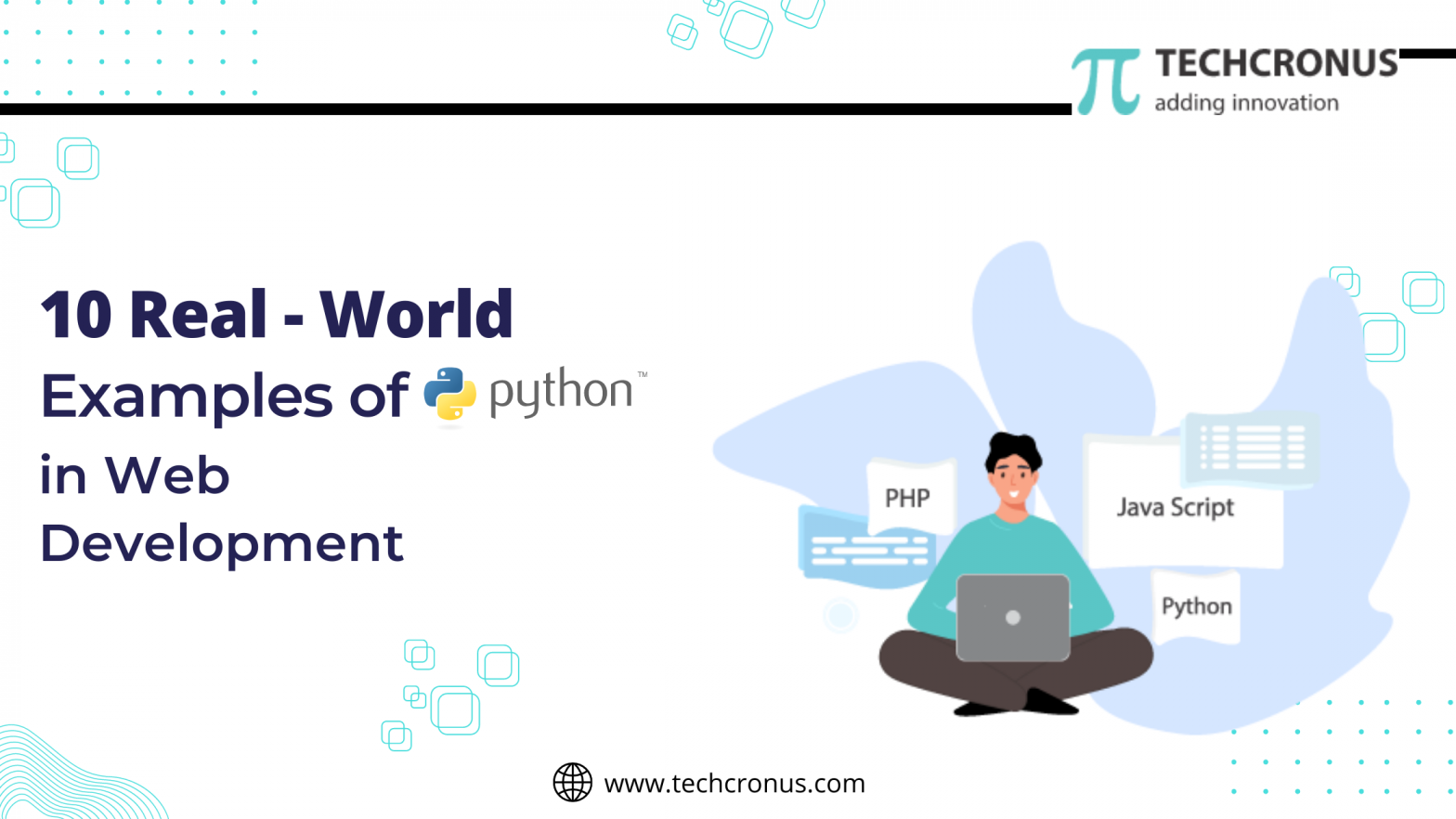The demand for full-stack developers is increasing in the job market year after year. The reason being companies soon came to terms with the fact that developers with expertise in a single language are simply not enough. Businesses need an expert who has mastered not just one but multiple languages. This is when job descriptions for full-stack developers emerged as a new norm in 2012.
However, every emerging job comes along with certain myths or otherwise known as half-truths about the same. A major misconception was that full stack developers are basically “Jack of all trades and masters of none.” This implied they might be able to channel various solutions but not entirely. Therefore, it was misunderstood that these developers had incomplete knowledge about the front-end as well as the back-end of a system.
The accurate information entails the fact that full-stack developers are innovative software engineers. They cannot replace front-end and back-end developers but will simply add to their qualifications. While they are enhancing both sides of the development process, they help in bringing the front-end and back-end together with the respect to the definitive goals. A full-stack developer plays a key role in ensuring both sides are on the same track concerning the business vision.
1. Brief Picture of Full-Stack Development-
Full-stack Development is primarily an amalgamation of front-end and back-end development. Full-stack developers reside in the programming world. They create and maintain the software development systems which includes Databases, APIs, User Interface, Version Control Systems etc. In the Australian market alone, the need for full-stack developers is predicted to rise by 30% by 2025. Reports suggest that an annual growth rate of up to 35% is enjoyed by full-stack developers since the year 2015.
2. Importance of Full-Stack Development-
Full-stack developers can lay their hands over multiple roles in comparison to niche-oriented professionals. This helps various businesses to save costs thereby preventing any miscommunication or division of knowledge within the organization. In addition to that, full-stack developers have the potential to adapt to upcoming technologies skillfully. This benefits the enterprise to stay updated with modern technologies.
3. Who is a Full-Stack Developer?
A full stack developer is a specialist who can handle the main components of web development in terms of front-end and back-end. While the front-end is interactive and enjoyed by the users, the back-end work is the heart of the entire development process. Essentially, full-stack developers are analytically advanced, have in-built patience, are driven by learning, are keen at detailing, and are disciplined to fulfill their creative vision. The full-stack developers are classified into various types: –
MEAN Stack Developer:
The programs that are written in JavaScript will be supported by MEAN Stack. Professionals have praised the MEAN stack because it utilizes MongoDB (NoSQL DB), Express.js (back-end related framework), Angular (framework for the front-end), and Node.js (open source and cross-platform server) in web and ultra-fast mobile app development. By using all these frameworks, developers can build a product that is authorized, authenticated, and has session management, caching, and performance optimization in development.
MERN Stack Developer:
MERN is a type of MEAN stack wherein React JS is responsible for handling the front-end work. The MERN stack is special as it utilizes JSX which is an upgradation of Javascript. It is useful in developing all single page-based applications with user-friendly interfaces. The only limitation observed in MERN is that it offers limited functionality only as React is a library and not a wide framework.
LAMP Stack Developer:
LAMP is a vintage web development stack in the industry, it comprises Linux (operating system), Apache (HTTP server), MySQL (relational database management), and PHP (programming language). The efficiency of this stack can be observed across multiple OS. Not only it can be easily modified from time to time but also has performance, flexibility, and budget-friendliness.
LEMP Stack Developer:
LEMP is a combination of Linux OS, Nginx (pronounced as ‘Engine X’) Server, MySQL (database), and PHP (programming language). Nginx is a key performer in LEMP when building an application to generate suitable outputs.
Django Stack Developer:
These stack developers mainly use Python in their product development. This Python stack comprises Django, MySQL, HTML, CSS, and Bootstrap.
Ruby on Rails (RoR) Stack Developer:
This web application development is written down in Ruby. In its development process, it makes use of HTML, CSS, and Javascript on the front-end side while MySQL, and MongoDB for storing and managing data on the back-end side.
4. Benefits and Difficulties faced in Full-Stack Development-
In software architecture, everything comes with its own set of pros and cons. Some of the key benefits of full-stack development are given as under:
- Saves Time and Budget:
As full-stack developers can handle both frontend as well as backend development, it saves a lot of time and costs in any application development project. They can efficiently work on feature implementation with consistent logic while making the entire process crisp and smooth.
- Faster Deployment Process:
Full-stack developers are multi-dimensional in the web development process. They are not only budget-friendly for businesses but also bring both front-end and back-end profound skills to the table. This makes the complex product development process easier thereby faster deployment in the global market.
The challenges faced in full-stack development are listed down below:
- Difficulty in proctoring a specialized full-stack developer:
Full-stack development encapsulates the entire application development process within its domain. This process starts with building an app from scratch or at least standing on the skills to build one. The entire application development process is very time-consuming which makes it difficult to monitor the entire activity. With an increase in remote working, it is essential to keep a real-time record of log files. As a result, managers and recruiters from time to time can input their suggestions, comments, and feedback while the developer is undertaking the product development.
- Challenging to learn new stacks:
The latest technology stacks comprise AI, ML, data analytics, blockchain, IoT, etc. New frameworks and tools are launched so frequently in market now. So, it will be crucial for these developers to take time out of their busy schedules to learn these new stacks. This keeps the full-stack developers on their toes with the latest trends while being constantly occupied with tech stacks.
5. The Right Time to Hire Full-Stack Development Services:
- The Organisation is New or Growing:
Full-stack developers with their in-depth knowledge of complete stack development prove to be very lucrative for developing organizations. They can provide new companies with a quick overview of web or mobile app development. As the groundwork is laid, the enterprise can quickly start working over the next step in the process.
- Enterprise needs a Technical Leader:
An IT business owner will certainly need a proctor who is an expert in the technical department. As a Technical Leader with excellent knowledge, he will be in a better stance to lead the technical team. Thus, a full-stack developer in a senior position proves to be an advantage to become a technical leader thereby ensuring all features of the application work smoothly.
- The company wants to create an MVP:
Nowadays, companies engage in building an MVP (minimum viable product) which acts like a beta version of the actual product. This MVP will consist of essential features to be deployed within the product to see its functioning and diminish any flaws. With the successful launch of the MVP, companies need users-oriented feedback to fill any loopholes about any missing components within the app. This is when ultra-talented full-stack developers will render their services in terms of developing the right MVP under budget constraints.
6. How does Techcronus provide top-notch Full-Stack Developers?
Techcronus is renowned globally for its offshore software development services. Our proficient full-stack developers handle your projects from various databases, software, APIs, and cloud environments. We employ modern technologies in the development framework while our developers have expertise across multiple programming languages.
We’ve proven successful industry experience while rendering product development, testing, and deployment. Contact us today for your Custom Full Stack Application Development. Our team of experts provides dedicated support as well as maintenance help.
















 Get Started
Get Started

